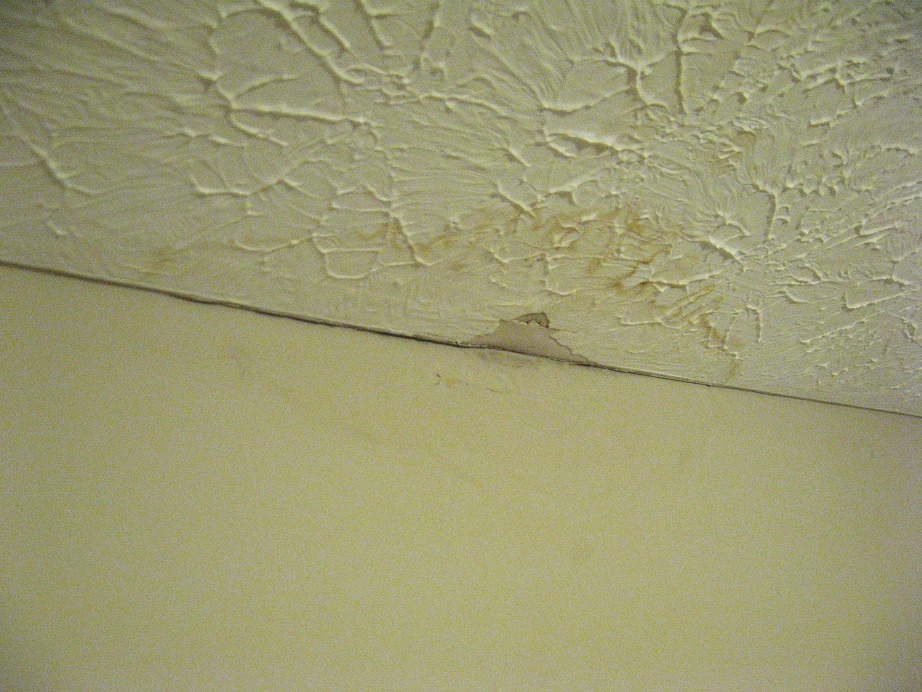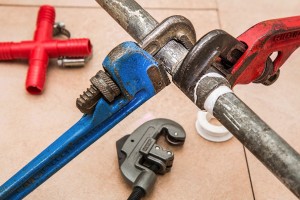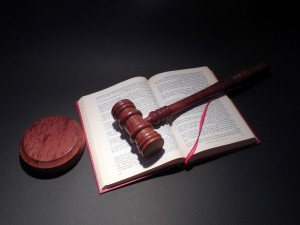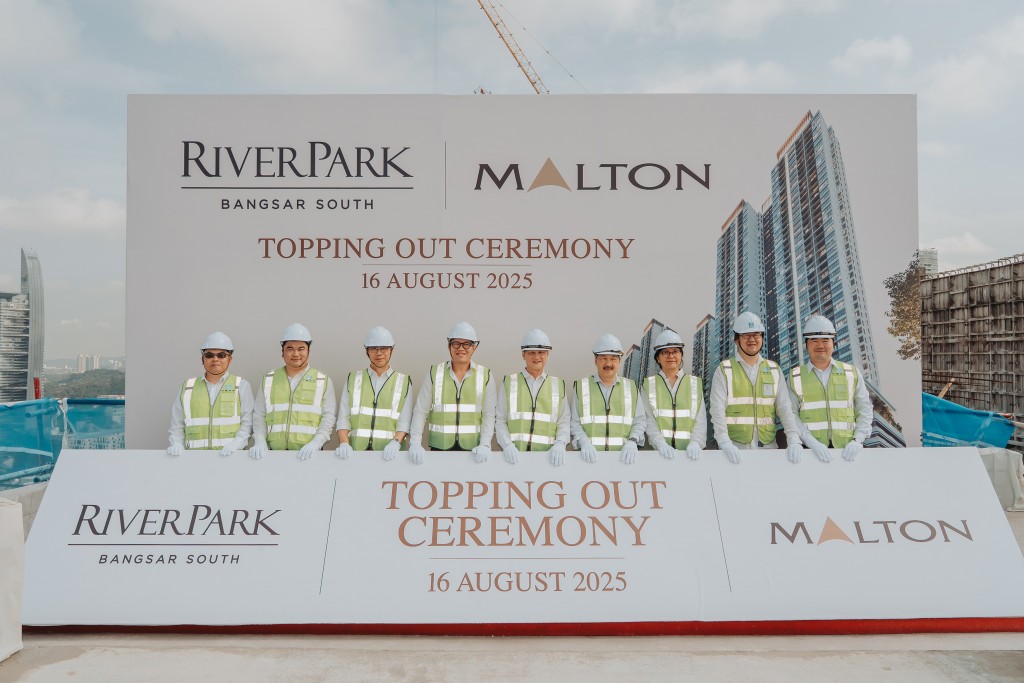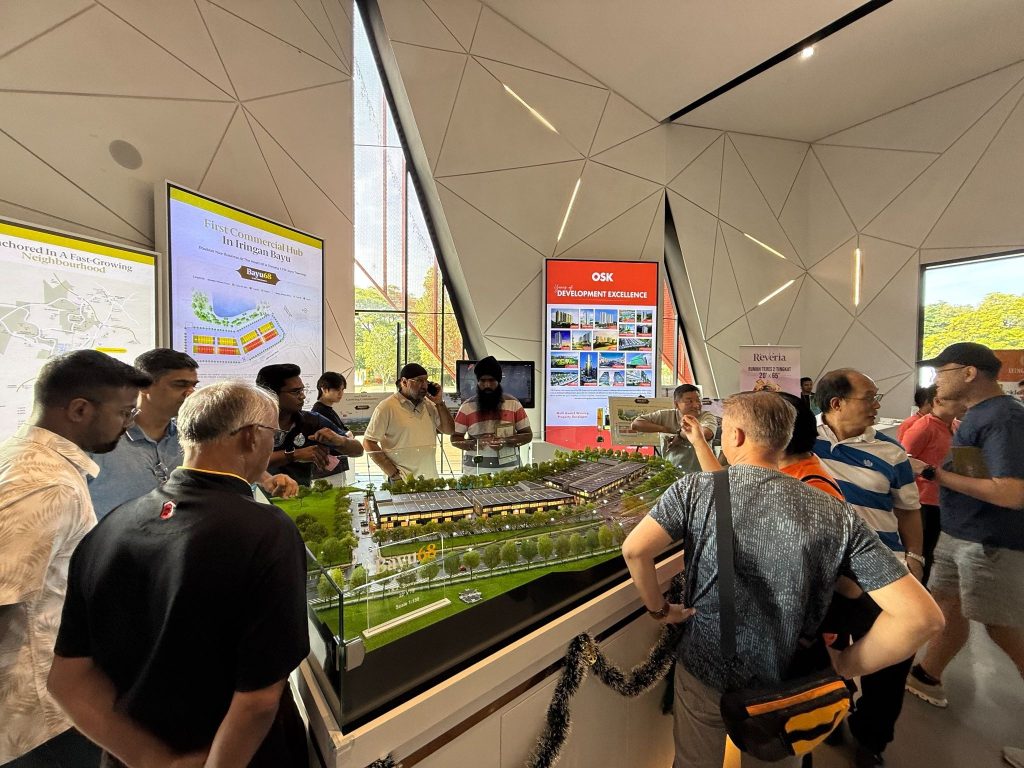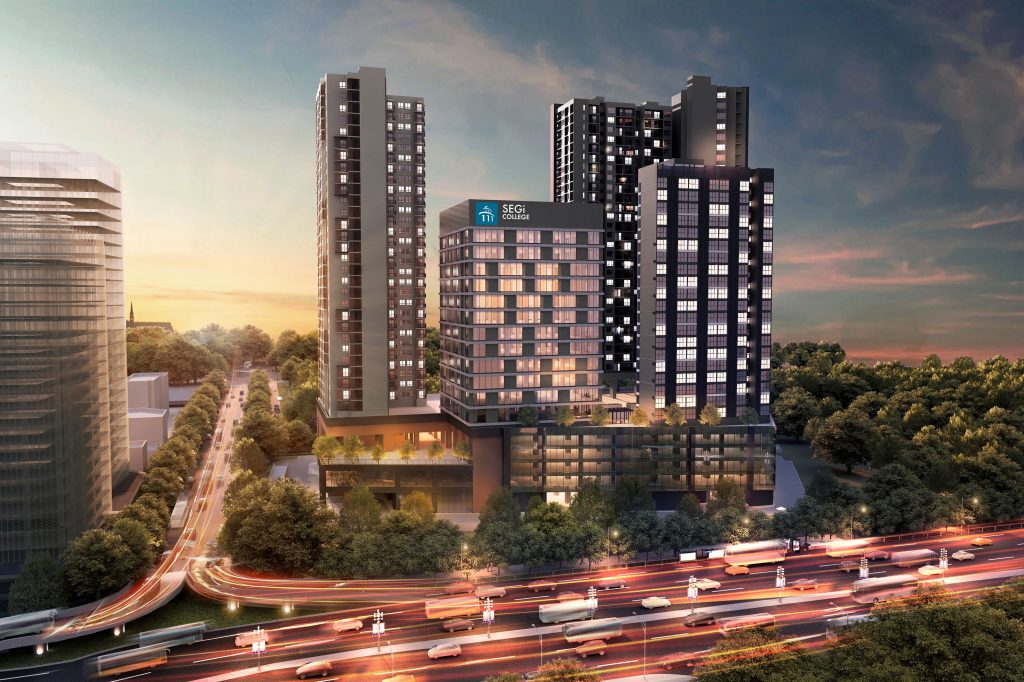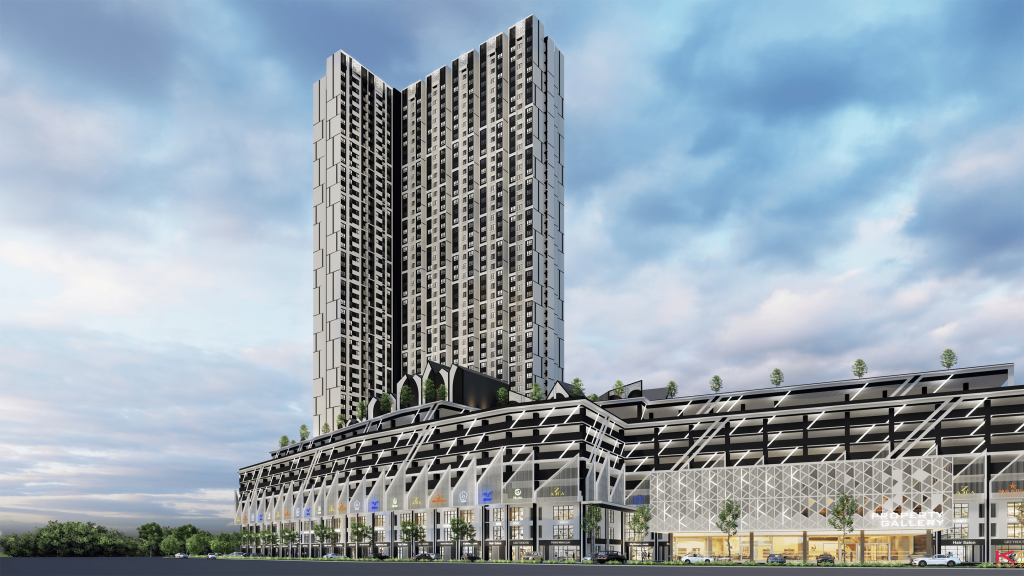It is a nightmare come true for apartment residents to find their lives interrupted by the appearance of a wet patch forming on the ceiling — but all is not lost.

Water damage caused by rainwater leaking through a roof. Image from Wikipedia
The Strata Management (Maintenance and Maintenance) Regulations of 2015 (SMR 2015) contains several pages (in Part XV) that detail how one should address leaks coming through the ceilings (as well as shared walls, in Part XVI) of high-rise residential units.
If you count yourself as one of those unlucky apartment owners and you are wondering how to remedy the situation, read on.
Notify the management body
If you discover evidence of a leak, photograph it and send the image with a written notice to the managing body of the development.
The managing body of your apartment is required to perform an inspection to determine the cause of the leak, and the party responsible, within seven days of receiving your notice — as outlined in Section 57 of the SMR 2015.

Image by Ashish_Choudhary from Pixabay.
Try to resist the initial impulse of knocking on your upstairs neighbour’s door. Consider that an inspection or any rectification work requires their cooperation and that the cause of the leak may not be due to any fault of theirs – it could be a leak from a water pipe serving more than one unit.
Await the results of an inspection
Section 63 of the SMR 2015 compels the owner of the unit upstairs to provide access for inspection or be liable for a fine not exceeding RM50,000 – in addition to the possibility of being imprisoned for a maximum term of up to three years. So all you can do at this point is to put a bucket under that leak and await the results of the inspection.
In the event of an emergency, such as an imminent flood and danger to life or property, Section 63 of the SMR 2015 contains a provision for the management body to gain access by forced entry to the unit where the leak is thought to originate.
Once access to the unit upstairs is obtained, the management body will proceed to determine what the cause of the leak may be and who should pay for it – in addition to considering factors such as the defect liability period (Section 60) and whether the suspected leak is from piping serving more than one unit (Section 58).
The findings of the management body’s inspection will be presented in the form of a Certificate of Inspection – issued within five days from the date of the completed inspection (as stated in Section 50 of the SMR 2015).
Rectification work
Depending on the findings of the inspection, the management body will issue a Certificate of Inspection (in Form 28) to the owner of the unit upstairs or the developer. The responsible party would then have to commence rectification works within seven days of receiving Form 28 – or the managing body will commence immediate steps to rectify the leakage and attempt to recover the costs from the responsible party (Section 61).
What if nobody does what they’re supposed to?
If the owner of the unit upstairs refuses to permit access, don’t immediately cite the fine or jail term detailed in Section 63. Communication is key, invite the owner to visually inspect your unit – let them feel the pain you’re feeling and attempt to negotiate a solution.

Since you're neighbours, you might as well try to keep things cordial. Image by Alexas_Fotos from Pixabay.
Cases such as these can be referred to the Building Commissioner, an unseen party that has access to information detailing every turn of events – the same notice you send to the management body and the Certificate of Inspection are extended to the Commissioner. The management body is also appointed by the Commissioner, so complaints about parties involved or any point of this process will be heard and acted upon.
In worst case scenarios, issues can be raised to the level of the Strata Management Tribunal, which can intervene and compel responsible parties to submit payments for the necessary rectification works.
This article was a contribution from Ken Teo
Read some horror stories about leaks at apartments in George Town, Sungai Besi, and Shah Alam.

